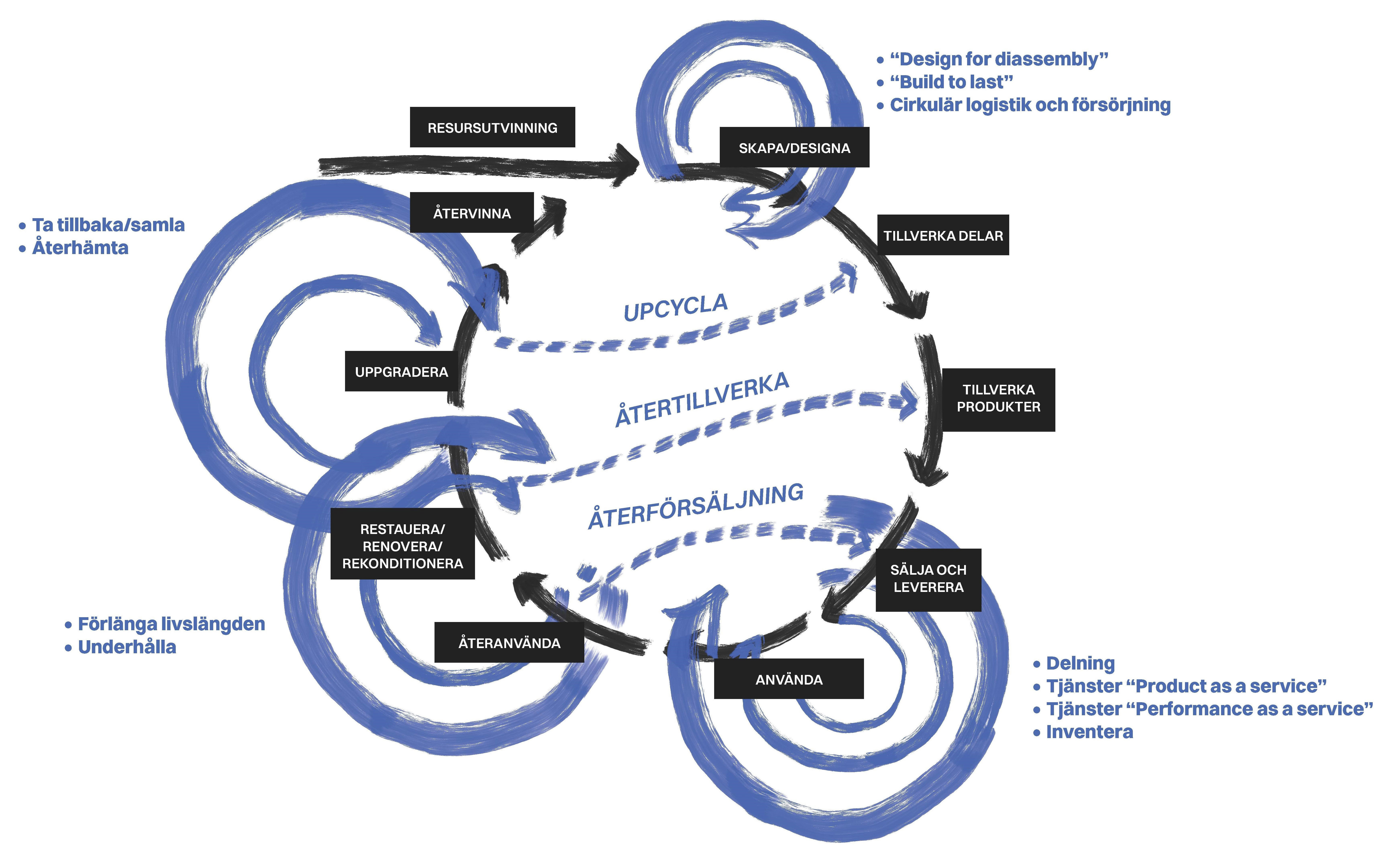
Standards and recommendations
We and/or our members create new standards and concepts for sustainability

Standards
Members, the 100 Group
Ongoing

Rexs – Requirements Exchange Standard
The amount of sustainability requirements and other requirements is large and increasing in all industries. Requirements are managed manually, defined in different document formats, and sent between parties via email, leading to inefficiencies and risks. This is addressed by Rexs enabling digitization of the requirements management process by describing how requirements can be structured for digital handling. This means that requirements can be stored and exchanged digitally between systems and organizations for better management. The 100 Group has contributed to the development of Rexs and is now responsible for maintenance and communication of the standard.
If you want to know more visit our website Rexs or take contact with Ulf Bergvall or Robert af Wetterstedt.
Rixs-Dacke - Standardized product templates for inventory, handling and data exchange of reusable and new building parts, building products and furniture.
Rixs-Dacke makes it easier to identify and reuse materials between different actors. Rixs-Dacke is designed with people in mind and prioritizes the simplicity of finding and choosing the right category for the products. The designations in the product templates and the structure are more reminiscent of a hardware store than a technical classification system (to which it can be integrated) and is therefore intuitive both for those who inventorize and manage products and those who request components for their projects. The product templates contain a large number of categories and associated properties. It makes it easier when taking stock that properties for the categories are also defined. A category can be, for example, a certain type of door and the property a certain fire class, sound class, dimensions of the door.
Standardized product templates enable a uniform systematization of materials, which facilitates the sharing of digital information between different actors when systems can speak the same language. It creates a common basis for using reusable building materials, furnishings and furniture, which in turn promotes a more efficient and sustainable management of resources within the circular economy.
The 100 Group provides Rixs-Dacke free of charge via an API. This makes the product templates available to all actors who want to integrate this resource into their own applications and systems. Members of The 100 Group have the opportunity to participate in the work to influence the content of future versions of Rixs-Dacke.
If you want to know more, visit our webiste Rixs-Dacke or take contact with Ulf Bergvall or Robert af Wetterstedt.
Recommendations for sustainable interior design
Climate change sets new demands on all actors in the design and building industry. In the transition from a linear to circular economy, interior designer’s role will change towards having higher responsibility and importance in all project stages. Although the industry today is working more and more with reuse, with new circular business models being developed on a daily basis, it still lacks clear recommendations that cover all sustainability perspectives.
Therefore, several architectural offices that are members of the 100 Group are working on developing recommendations and guidance for working with sustainability in interior design assignments. The recommendations will cover all sustainability perspectives – environmental, social and economic. They will be evidence-based and contain design principles, goals, and reference values where these exist, as well as a process description that ensures that sustainability aspects are integrated and handled during all project stages, as well as maintained throughout a project’s lifecycle.
If you want to know more, please contact Ivana Kildsgaard.
To facilitate the development and uptake of digital standards and methods widely in the industry we organize 2-3 dedicated member meetings per year on this topic.
BECOME A MEMBER
Let’s build a circular and sustainable interior industry together before 2030.

